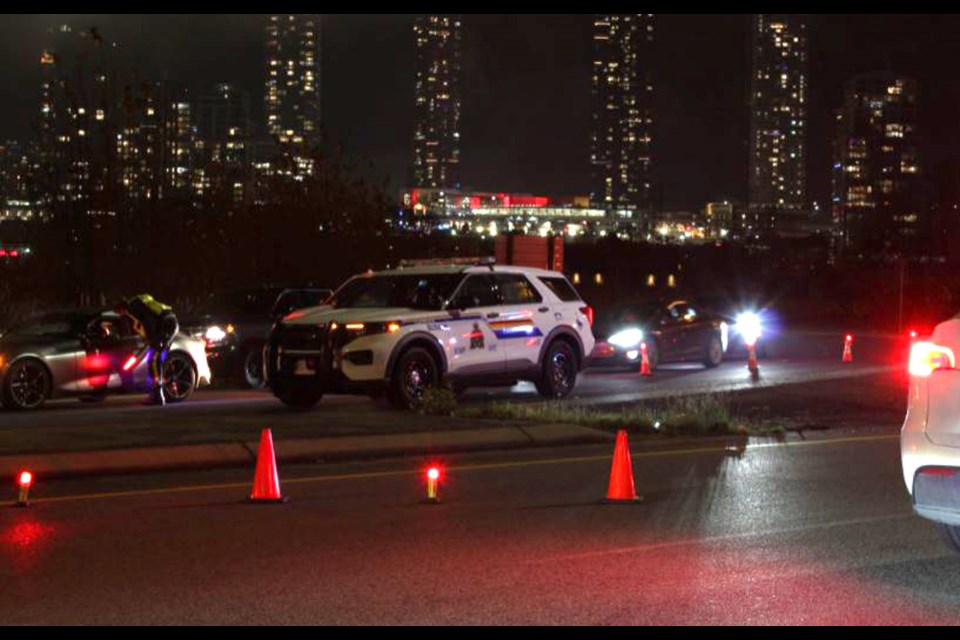Will you be jumping in the car and heading out of town or over to a friend's place for the upcoming Canada Day long weekend? ICBC is reminding drivers to plan ahead as it launches its summer road checks.
In a statement, ICBC said police across the province will be ramping up alcohol and drug enforcement, looking for impaired drivers using their CounterAttack road checks.
According to the insurance body, on average, 65 people are killed each year in crashes that involve impaired driving, with 40 per cent of those occurring during the summer months alone.
“Crashes involving impaired driving are preventable. No matter where you are this summer: if you plan to drink, don't drive – arrange a designated driver, call a taxi or rideshare, or take transit,” ICBC said in its statement.
In the Lower Mainland, an average of 690 people are injured in 1,200 impaired driving-related crashes each year.
Chief Superintendent Holly Turton, the officer in charge of BC Highway Patrol, said police across B.C. fully support ICBC's summer CounterAttack campaign, and police will be out in force to deter impaired driving.
“We will utilize mandatory alcohol screening, standardized field sobriety testing, and drug recognition experts to identify and remove alcohol- and drug-affected drivers from our roads,” she said. “Police in B.C. work closely with our road safety partners to make our highways safer."
Provincial Minister of Public Safety Mike Farnworth said that most people understand that driving after drinking or consuming drugs is dangerous, but there are still people willing to risk their own and other’s lives.
“This impaired driving campaign is an important tool that helps educate and protect British Columbians,” he said.
B.C. has the toughest impaired driving consequences in Canada. If caught driving while impaired, driving suspensions can range from 24 hours to 90 days, your vehicle may be impounded, and fines, jail time and mandatory rehabilitation may be applied.
Charlie Carey is the North Shore News' Indigenous and civic affairs reporter. This reporting beat is made possible by the Local Journalism Initiative.



